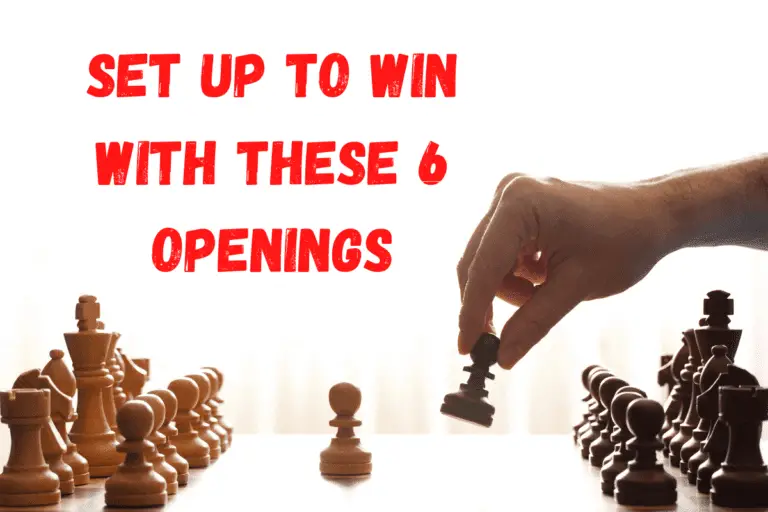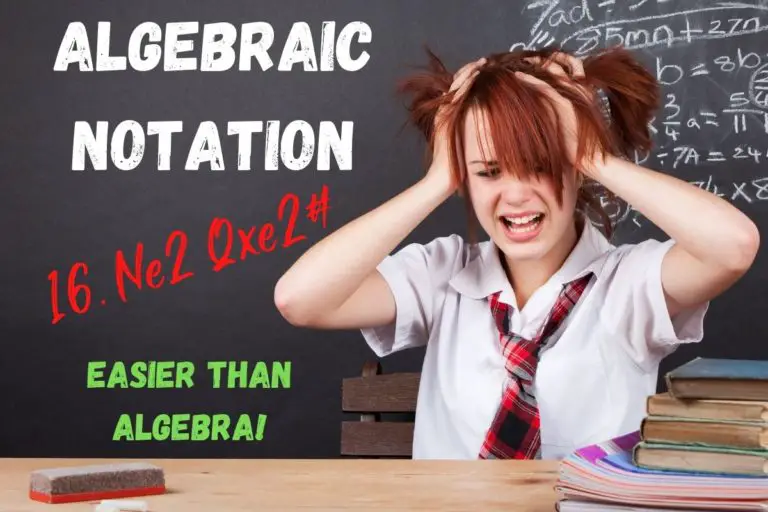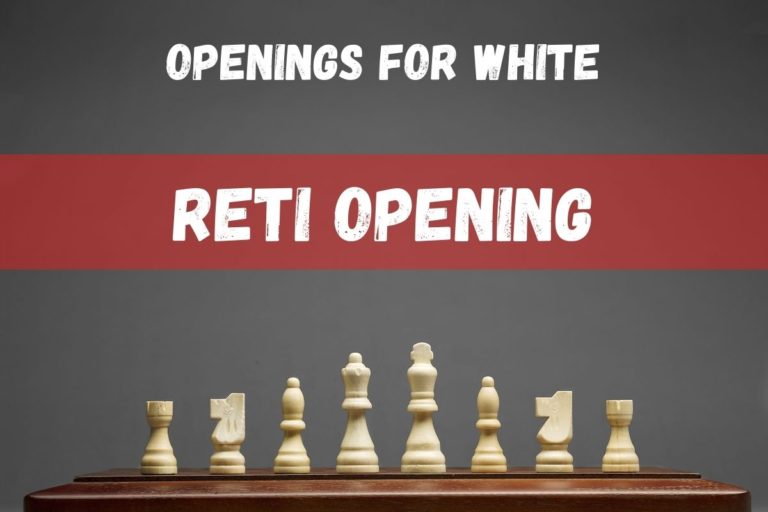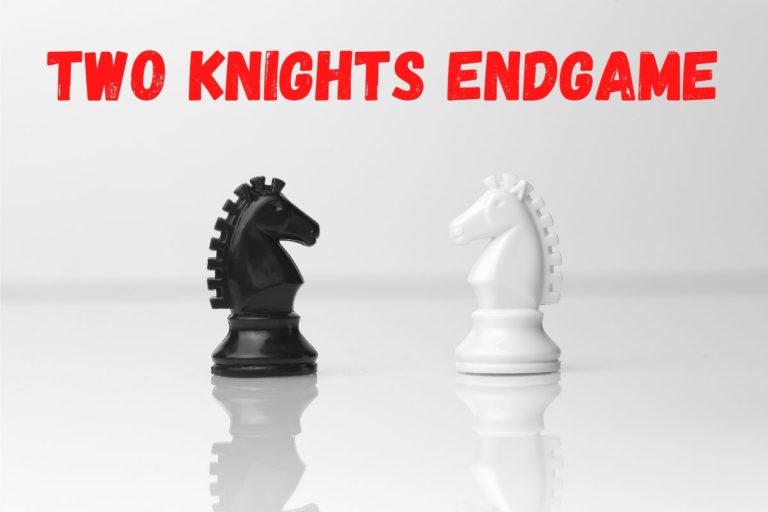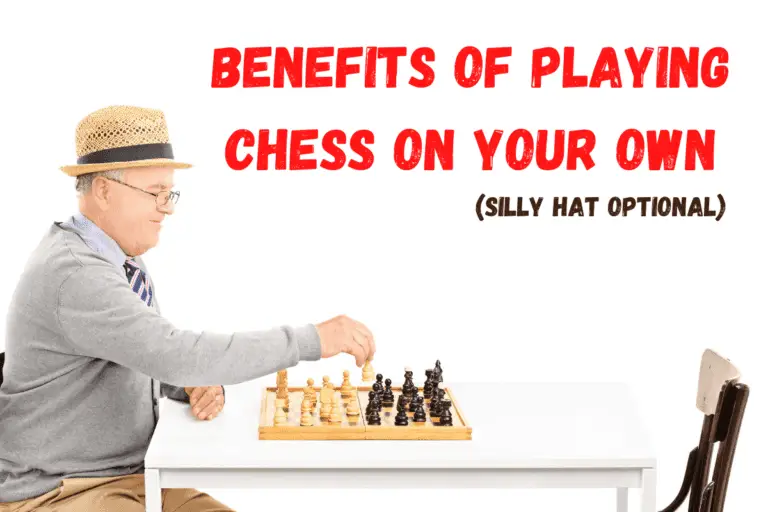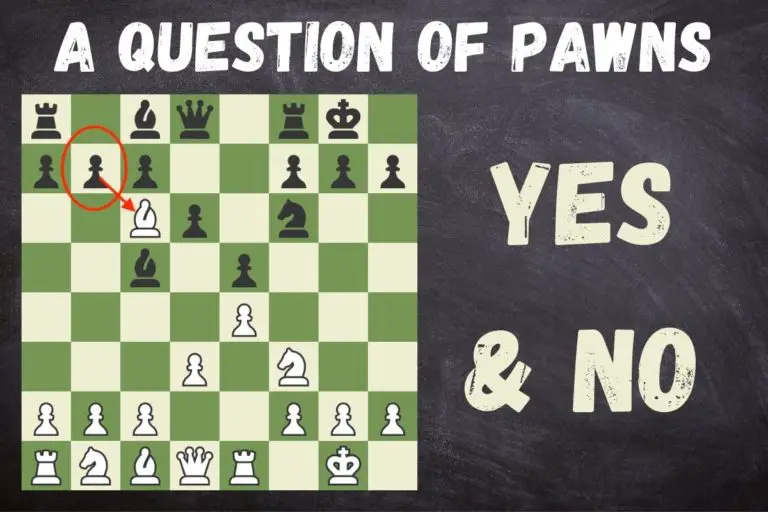From Beginner to Grandmaster – How Long to Learn Chess
⭐⭐⭐ Take 10 minutes to read and improve your chess game ➡️ : This article was first published on, and is Copyright of Chessquestions.com
You’ve seen the Queen’s Gambit, your a little interested in the game of chess and may even have come across it in the past. You might wonder how long it takes to learn chess, how much progress you can expect to make, if you could get as good as Beth Harman and reach Grandmaster level, as well as what are the most important factors to master chess fast.
| Level | Time |
|---|---|
| Learn the Basics | 2 Hours |
| Become Good | 4 Weeks [20 Hours]*** |
| Titled Expert | 2 Years |
| Titled Grandmaster | 6-7 Years |
It will take around 6-7 years to go from knowing nothing about the game of chess to be able to become a fully-fledged titled grandmaster with a sufficient Elo rating of over 2500 and collected norms having played other grandmaster in official competition.
***20 Hours and you could be very good at chess indeed!
45 minutes practice every day for 4 weeks and you’d be astounded at how good you can be at anything.
In this article, you will see a roadmap based on my 13-year experience on how much time it takes to learn the basics of chess, become an advanced player and everything you should be aware of. You see, even after 13 years, I have not achieved my ultimate goal.
First of all, you must understand that there is a difference between learning chess and becoming good at it. Learning the basic rules, taking lessons and playing chess will take very little time. But mastery and progressing through the ranks is what often takes years of hardwork.
I have divided the article in 3 parts.
1. In the Beginning
The first part is for chess players who wish to learn the game of chess and reach the next level.
2. Learn and Improve
The second part is for players who already know the basics of the game, and understand a little of tactics, strategy, principles and endgame knowledge. A good range would be 1400 FIDE elo who wish to break into the 2000-elo barrier(Expert level).
3. Master Chess
The third part is based on how to progress through the expert(2000) to the grandmaster level(2500). It’s subjective based on my interaction, as a 2277 elo rated player, with Grandmasters and coaches on that level. Even I’m looking for answers to make progress through this level.
Let’s dive in.
From Beginning to Average Player
If you are learning from scratch, it’d take you a week or a month to be acquainted with the rules of the game. This involves understanding the following –
- Chess board and chess pieces
- The full range of chess moves
- Basic rules like what is a check, checkmate
- Special rules like castling, pawn promotion, and en passant.
The more effort you put into it, the faster will be your growth.
Now let’s consider that you have become familiar with the basic rules of chess theory. From this point on, there are a few things you must work on to take your chess playing to the next level. Your study plan will require time investment and will most likely involve
- Learning basic tactics
- Understanding how to checkmate with the queen, with 2 rooks and with a single rook.
- Learning chess notation
- Learning how basic chess openings, understanding opening principles.
- Studying chess books
Your study plan should try to involve these elements and you should be spending up to 50% of your time solving tactics here. This can’t be emphasized enough. Tactics are a very important part of the game and at the beginner level, 99% of the games are decided on tactics.
Spending up to 2-3 hours per day will help you see improvement 1-2 months down the line. Also consider chess coaching classes that could give you a good training plan.
Kids, on the other hand, often show rapid improvement during this phase. What might take an adult up to a month, could be reduced to a week or two with the learning abilities in children.
There are many factors that could be at play here. Talent is one. Individuals in possession of natural talent will be a huge help as you can imagine. Another factor is that kids can often spend more than 2 hours studying chess and playing chess games.
Since they have more time to invest time than adults, they progress much faster. Also it is claimed that the brain learns faster at a young age, but that shouldn’t discourage any adult from learning chess.
A combination of talent and determination is going to be a deadly force in becoming the best chess player you can be in the shortest time possible.
The next phase that will help a beginner reach the level of an average player, involves chess mastery of everything that’s learned previously from tactics to endgame theory. Ideally, it should include a goal list –
- Solving mate in 1s, then mates in 2s, then mate in 3s and then mate in 4s.
- Solving basic tactics everyday like the pin, fork ,double attack etc.
- Memorizing up to 5-7 moves of the openings.
- Watching a chess classic and learning from it.
- Playing games regularly and learning from your mistakes.
- Consider joining a chess club
The list could go on through more advanced goals and theoretical knowledge, but this mastery is the most important thing of all to remember. Not discounted is the use of a chess book, based in any of these areas to assist.
Here repetition is the name of the game.
The main objective is to solidify the previously learned knowledge into a habit as part of your chess skill.
This way your brain builds patterns and habits, recognising chess positions or mastering simple endgames and you have to spend less time consciously thinking about it.
As a result, you not only solidify the existing knowledge, but also lay a basic foundation on top of which more advanced knowledge can be built and the evolution from decent chess player to excellent chess player.
This phase takes the most time and requires consistency. If you slack off during this period, your growth will be slowed down.
If you are working with the best coach, following everything that they say and simply doing all that you can, then, under the best circumstances, 2-3 months is a good time period to make progress.
Some players might need 6-7 months if they are consistent and others might need even a year.
A hidden catalyst, in such cases, is talent. If you see advanced chess players in the world make progress, you’ll realize that they put in the work that their coaches told them to do and also they had enormous talent for the game.
Adults often find it difficult to stay consistent because there are different responsibilities on their shoulders. They might need more time to make progress. But in general, 1 year is a good time frame considering you are working with the right coach, working smart and holding yourself accountable. If you don’t see progress till then, consider tweaking your strategy. Work more, change your coach etc.
On the other hand if you go all on your own, without the help of the right coach, your growth might take more time. In this case, it’s important to understand what mistakes you are making (which is the toughest part), tweak your approach and adjust accordingly. It might take you 2 years or more to reach the level of an average skilled chess player.
In the past, making fast progress was tough. Information wasn’t available and finding coaches was tough. But today in 2021, there’s so much chess information available on the internet that it’s very much possible to speed up your growth.
So to get from a beginner to average level(1400 elo), depending on all the various factors, it could take as little as 6 months to as long as 2 and half years. Consistency and the right support could speed up your chess growth.
From average (1400 elo) to being an expert (2000 elo)?
This phase requires more time to make progress. Also there is an important external factor to consider as well.
To break into the 2000 elo rating category, you have to put in more effort, learn more advanced techniques, play against more creative players, more skilled players and analyze your games. An ideal training plan should include –
- Solving Tactics Daily
- Studying Chess Classics
- Playing games and analyzing from your mistakes
- Studying endgames, positional chess etc
- Studying openings in more depth
- Knowing the typical plans in certain middlegames and pawn structures
Once again, the list could go on with a lot of topics of a strategic nature, but this is a good blueprint. To progress faster here, tactics aren’t what you can rely solely on. You’ve to use strategy, make plans, be willing to study more endgame knowledge and a lot more.
A very underrated skill to develop here is the will to fight. You must be prepared to play worse positions and try to win or draw them. The point is, a master level player can get into a bad position against an advanced player and still manage to save the game. Not always, but more often than not, they do.
Develop the art of making a comeback. Once putting in hours of study becomes a habit, you’ll see a significant boost in your strength.
All of these were factors related to chess. Now let’s talk about an important factor outside of chess that directly affects how fast you learn and progress – finances.
To become a better player, you need exposure to stronger players. The more exposed you are to their games and styles, the faster you’ll learn and grow. Ideally you want to play them in tournament chess under the most serious condition, where they are using every bit of their brain to outsmart you, making deep plans and executing abstract ideas and solid pawn structure.
To play them in tournaments, you need to invest your money.
Also, you need to work with more advanced chess coaches who charge a lot more than someone who teaches a beginner. Refer to the table in the article where we compare the rates of a chess coach depending on their expertise and experience. For a lot of players, finances becomes a major obstacle that stops them from speeding up their chess journey.
Under the best circumstances, with the right exposure, coaching and effort, this phase can take around 2-3 years, even for a talented junior. There might be exceptions though.
On the other hand, if you struggle to get the right exposure or aren’t consistent enough with your efforts, breaking into the expert level can take a really long time. But in general, 5 years should be ample time to go from 1400-2000 elo. And once again, this is a level any player, at any age can achieve, provided they put in the work.
From Expert (2000) to Grandmaster Level (2500)
As you progress through the ranks, it becomes increasingly tougher to climb the elo ladder. At the point of writing this article, my rating is 2277 and I’m aspiring to become a Grandmaster. I’m not qualified to give you concrete advice on what works but I can share my plan.
But, from all the interactions I’ve had and based on my experience, here are a few things which are important to progress at this level –
Exposure – The ability to play against strong players, analyze those games and improve upon is one of the fastest ways to speed up your growth in chess.
Game Analysis – Analyzing your games and learning from your mistakes becomes far more important at this level than it is at a lower level. Not only chess-wise, but also being able to find out your mistakes from a psychological point of view is important.
Reaching International Master is one level, but becoming a Grandmaster is another
This is one thing I’ve heard from some of the interactions I’ve had with Grandmasters. I specifically remember asking a GM from India how much time it took him to go from an IM to GM. His answer was clear – 2 years.
There are a lot of things to learn along the way, in those 2 years.
Also, I read an article on how to become a Grandmaster, written by an actual GM (unlike a lot of others you find on the internet) where the author reveals some important pointers. There are a lot of things to learn from it which I am trying to implement in my chess journey.
Here, the role of finances becomes important. It helps you find good coaches and play stronger tournaments, which is the key to growth.
In my opinion, getting from expert level to IM can take you 2-3 years under the best conditions. If you choose to work independently on your chess, making progress here might be very hard. A lot of people often get stuck here and leave the game. But from what I’ve seen, if you study independently, it should take you 4-5 years or more to cross this barrier.
Let’s simplify things!
To give you a clear idea, here’s a table that will show how much time it usually takes to move through the ranks, under the best conditions and normal conditions.
| Crossing the barrier | Under Best Conditions | Under Normal Conditions |
| Beginner to Intermediate (1400) | 6 months | 2 and half years |
| Intermediate(1400) to Expert (2000) | 2-3 years | 4-5 years |
| Expert(2000) to IM (2400) | 2-3 years | 4-5 years or more |
| IM(2400) to GM (2500) | 2 years | (Subjective) |
As you can see, moving through the ranks becomes tougher as you progress.
There is a difference between crossing 600 elo points from 1400-2000 and crossing 400 points from 2000-2400. As you progress, the opposition gets stronger and you’ll need to invest more time, energy and resources to become a better player.
One reason why crossing IM to GM is tough is that after you hit the 2400-elo threshold, your K-factor decreases from 20 to 10. This means every victory from that point onwards will give you a gain of half the points you’d get, than if you were below 2400(when the K-factor is 20).
For example – If you’re rated 2200 and you win a game against 2400, then because of your K-factor being 20, you’d gain around +15 elo points.
But if you’re 2400 and you win against a 2600 (and let me tell you 2600 players are incredibly tough to beat), you will gain only around +7.5 points because your K-factor is 10.
K-factor is basically a constant that is used by FIDE to calculate your rating change.
Conclusion
I hope this article has given you a good idea of the timeline that is needed to progress through the chess ranks from beginner, to chess professional and finally grandmaster. The most important catalysts for growth include effort, smart work (which is where a coach helps), enjoyment of the game, and resources.
Talent does affect as well, but it’s not something that one can control and don’t go getting any ideas that you can become a chess master within one month – It doesn’t happen – EVER!
Chidren usually make progress faster because they play with an open mind and are less burdened by responsibilities and can become expert chess players at a young age.
Adults, on the other hand, have responsibilities that could slow down their progress to an advanced chess player. But that being said, it is absolutely possible to learn principles of chess at any age and improve your game.
Make sure to enjoy the game.

